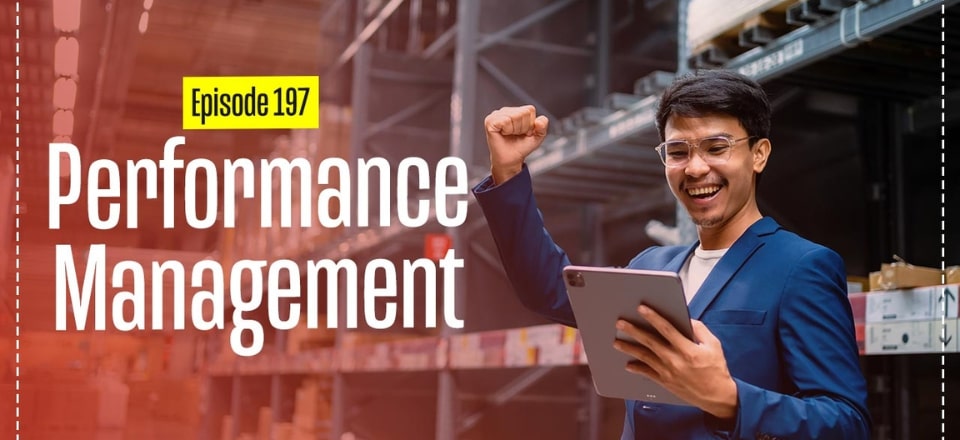Trent Morris is back with another insightful discussion, and this time he’s focusing on Performance Management. One question that often comes up is whether managing supplier performance is really all about KPIs.
In this session, we’ll take a deeper look at what effective supplier performance management truly involves and whether KPIs are the only measure of success.
Let’s explore!
Rethinking Performance Management: It’s About More Than Just KPIs
In this conversation, Trent Morris and I delve into the idea that performance management goes beyond just KPIs. While KPIs are valuable tools for tracking performance, focusing solely on these metrics can limit your perspective on what true performance management is. A broader view, involving collaboration and continuous improvement, is essential to achieving long-term success.
The Need for 100% Service, Not Just 98%
Trent explains that many businesses set KPIs around 98%, but this doesn’t reflect the true value they’re paying for. Whether it’s in supplier relationships or customer service, we’re ultimately paying for 100% performance. For example, when thinking about delivering a “perfect order,” we want a 100% success rate. However, we often accept slightly lower standards, like 98%, understanding that things don’t always go as planned. The issue with this approach is that if we focus too much on the 98%, we may never achieve it. By aiming for 100%, we set higher expectations, pushing for better results and greater accountability. Aiming high drives performance improvement across all areas.
Working Together for Ongoing Improvement
This mindset isn’t limited to external suppliers. It also applies to managing internal operations, like warehousing and transportation. Trent emphasizes that when we set a KPI at 98%, but have a critical failure threshold of 95%, it can lower the bar for performance. Instead, businesses should always aim for 100% performance, even if it’s not always achievable. By aiming for 100%, teams work together toward higher standards, and setbacks become opportunities for growth. Continuous improvement requires both the service provider and the client to stay aligned and committed to meeting their shared goals. If we constantly push for 100%, we’re more likely to reduce failures and improve performance over time.
Start with Clear KPIs to Improve Performance Management
For businesses looking to enhance their performance management, Trent suggests that starting with clear, well-defined KPIs is crucial. Without clear KPIs that are regularly reviewed, organizations may miss opportunities for improvement. It’s important to identify the key performance indicators that drive success within the business. These could range from customer satisfaction rates to order accuracy, depending on your operations. Once these KPIs are in place, it’s essential to consistently track and measure them. By understanding what truly matters to your customers and business, and focusing on continuous improvement, performance management will be more effective, ultimately leading to better results.
Related articles on this topic have appeared throughout our website, check them out:
- 4 Tips for Effective Supplier Performance Management
- Total Supplier Performance Evaluation: More than a Suite of KPIs
- How to Address Chronic Poor Supplier Performance
Editor’s Note: The content of this post was originally published on Logistics Bureau’s website dated April 05, 2023, under the title “Supplier Performance Management with Trent?“.

